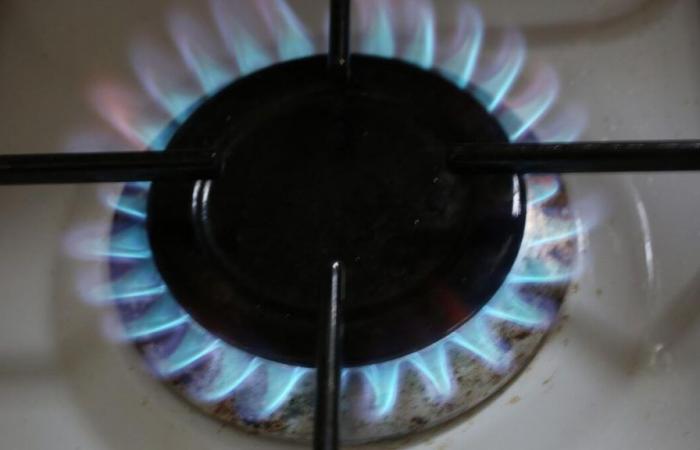Between the two rounds of the legislative elections, the increase of almost 12% (11.7%) in the average price of gas for millions of French people from this Monday risks becoming an explosive subject.
This increase, mainly due to the revaluation of gas network maintenance costs and the rebound in gas prices on the markets, was announced in March. After a respite of several months, the average annual gas bill will rise by 124 euros, going from an average of 1,060 euros in June to 1,184 euros on July 1. The Energy Regulatory Commission (CRE), the sector’s watchdog, the “average benchmark price” of kWh, which had been tending to fall in recent months, will be set at around 13 cents for July.
In detail, this revaluation for 4 years of gas transport costs is supported by the distribution network manager GRDF. This “toll”, invoiced to suppliers and accounting for a third of the bill, must be increased in the face of increased maintenance and modernization expenses for gas infrastructures, while allowing the integration of green gas into the pipes. And this, especially since it becomes more difficult to distribute these costs while the number of gas subscribers falls: -197,000 between the end of 2022 and the end of 2023, according to the CRE.
However, according to the CRE, this increase should be put into perspective: this July price remains lower (-3.5%) than that of January which marked the end of the tariff shield, the subsidy mechanism launched at the end of 2021 to protect households from excessive increases during the energy crisis, fueled by the post-Covid recovery and the war in Ukraine.
In addition, this “benchmark price” is “indicative” and suppliers remain “free” to pass it on or not, underlines the CRE. It is possible to bring in competition by referring, for example, to the Energy Mediator’s online comparator. According to the latter, however, “the vast majority of consumers will see this increase reflected in their bills”, i.e. most of the 10 million residential customers connected to GRDF.
The RN’s proposal to lower VAT on gas, electricity and fuels
Needless to say, this increase will fuel debates as the issue of purchasing power is at the heart of these legislative elections. One of the levers put forward by the political parties is to lower energy bills. It is true that electricity prices have also jumped by 39% in one year, between January 2023 and January 2024.
The Macronist Renaissance party announced the creation of an “energy renovation fund” intended for the “middle” and “working class” classes, which would make it possible to insulate and decarbonize 300,000 additional homes by 202. In addition, Bruno Le Maire , Minister of the Economy and Finance, announced that regulated electricity sales prices will decrease by 10 to 15% on February 1, 2025. A reduction made possible with the recovery in nuclear production and the development of photovoltaic panels.
For its part, the National Rally intends to lower the VAT rate from 20% to 5.5% on gas, electricity and fuels. This could be materialized by a draft amending finance law. A measure which would cost around 10 billion euros per year according to the Montaigne Institute. However, the implementation of this measure will have to receive the approval of Brussels and could take much longer than expected. VAT rules are established by treaties. In the event of victory, the RN government will therefore have to initiate negotiations with other European countries to have this reduction accepted. And the matter is far from being won. Furthermore, we must not forget that in matters of treaties, it is the signature of the President of the Republic which intervenes. In the event of cohabitation, Emmanuel Macron could be tempted to let this file drag on.
For the New Popular Front (NFP), the idea is to reduce the margins of energy companies by lowering VAT to an as yet undisclosed rate. But above all the idea is to block by decree the prices of basic necessities, including electricity, gas and fuels. “Considering a reduction in VAT is only bearable if you block electricity prices,” explained Éric Coquerel, candidate of the New Popular Front in the legislative elections, during a debate on BFM TV. If you do not block prices, business margins will eventually increase and employees will pay the price of inflation. » The left did not specify the level at which prices would be blocked. And there, too, Brussels will have its say in checking whether competition at European level is not distorted.






